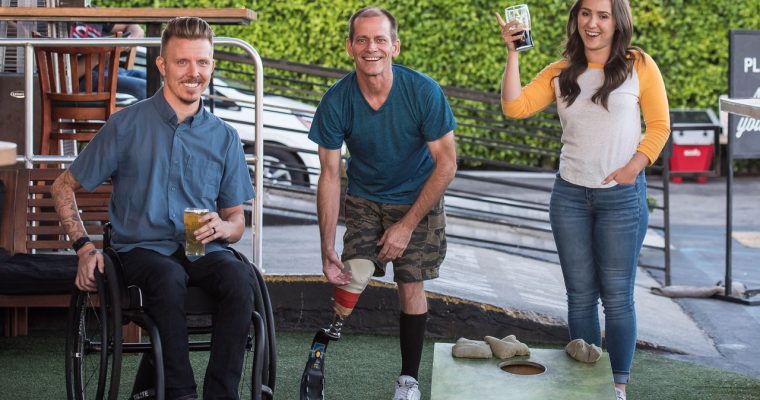Living with a disability is exhausting—both physically and mentally. One study even found that merely being disabled was a risk factor for depression. When a person becomes disabled, it can feel as if they’re losing a piece of the person they used to be. Or, at the very least, it can feel as if they lost the life they led before they became disabled.
This could be a big part of this connection between disability and increased depression. It’s never easy to suddenly be unable to do the things we once could. However, that doesn’t mean we can’t learn to still enjoy life and function despite our new challenges.
There are various types of disabilities. Most of which we can learn to live with, but there are all kinds of ways to make this transition easier. Check out these tips for three different types of disability.
Tips for Amputees
According to Medline Plus, limb amputations can cause an array of secondary problems. These problems include phantom limb pain, surgical complications, lots of physical therapy to learn how to use a prosthetic (if you should choose to use one—most do), emotional distress, and skin problems.
A solution for certain skin issues can be getting multiple pairs of prosthetic socks (about as many pairs as you’d have of regular socks). This can aid amputees in being drier and more comfortable in their daily lives, which leads to fewer skin infections and less skin irritation.
Losing a literal part of ourselves can also lead to a feeling of losing a part of the life we once had. But through keeping up on our health, maintaining our physical therapy, proper prosthetic limb care, and seeing a counselor to work through our grief; we can lead a very “normal” and healthy life.
Tips for the Hearing Impaired
Our hearing is one of those things that we take for granted…until it’s gone or affected negatively. Whether it’s hearing a constant disturbing noise, slight hearing loss, or a complete inability to hear out of one or both ears; being unable to hear properly can quickly begin to affect our quality of life. For example, according to the Better Health Channel, hearing loss can negatively affect people’s lives in a variety of ways. They note how it can affect a person’s ability to socialize (specifically—communicate with others) and can even affect a person’s self-confidence, which can cause emotional distress.
As if these issues weren’t problematic enough, hearing loss can also be dangerous as you wouldn’t be able to hear alarms or important alerts. Therefore, getting a thorough hearing exam performed by a trained audiologist in Highlands Ranch CO can help you get an expert diagnosis and personalized treatment plan to help you perform day-to-day tasks. Receiving an official diagnosis is the best way to see if you could regain your hearing and/or get fitted for a hearing aid to better function every day. Seeking out a counselor to help you discover ways to better communicate with people given your new needs can also be beneficial.
Tips for Autoimmune Diseases
Not all disabilities “look” like a disability. Some affect our energy levels and/or put us in so much pain that we can’t function like we once did. Diseases like rheumatoid arthritis, multiple sclerosis (MS), and Crohn’s disease can all cause symptoms that make daily living harder on those afflicted. With conditions like these, one of the best tips is to seek medical advice from a specialist and to get treatment as soon as possible. According to the National Institute of Neurological Disorders and Stroke, early treatment in multiple sclerosis (MS) has been linked to fewer brain lesions and fewer MS attacks over the course of the disease.
Most of these diseases can be managed with medication(s), pain management, and lifestyle changes. Although there is no cure for any of these diseases (yet— fingers crossed), maintaining your health (mental and physical) and adjusting to your “new normal” can greatly improve your quality of life.


